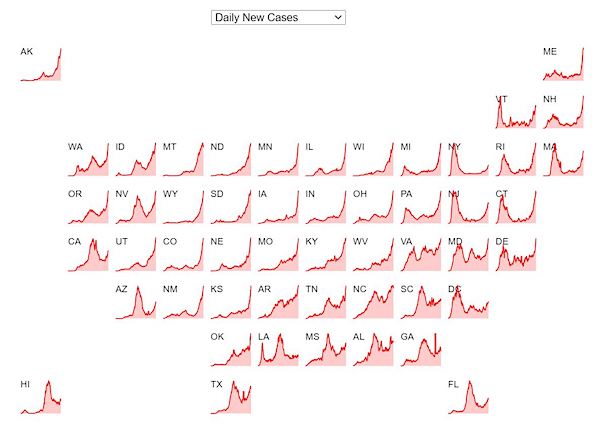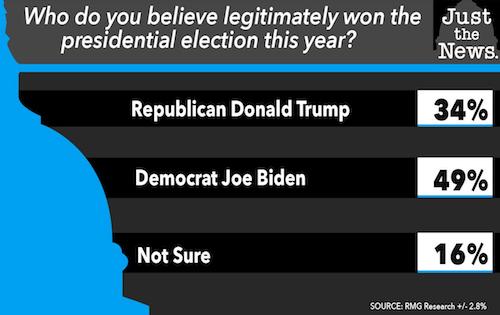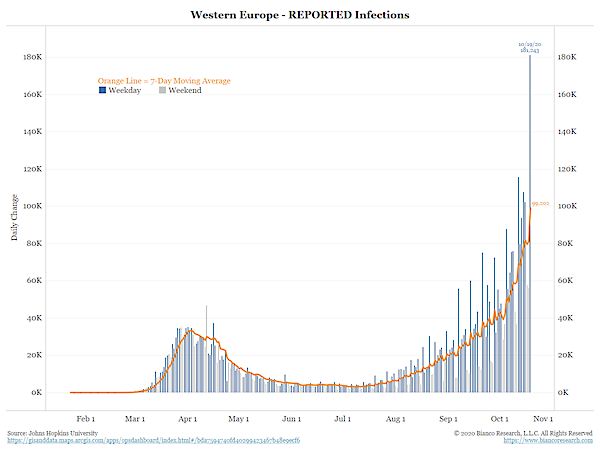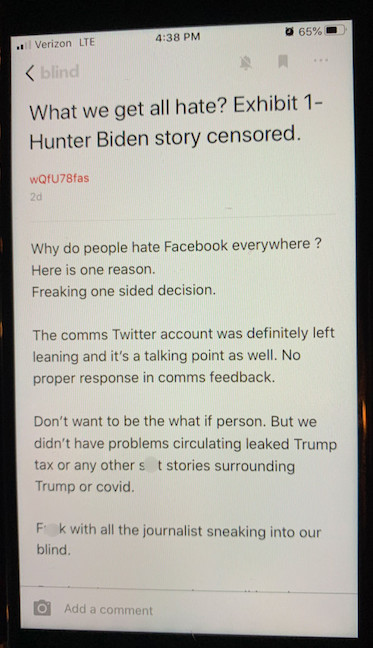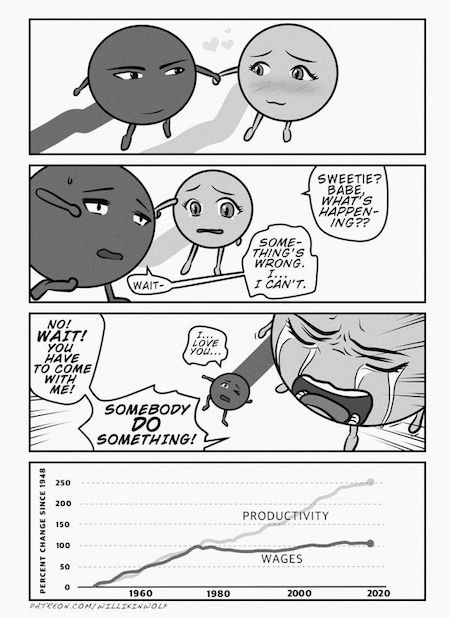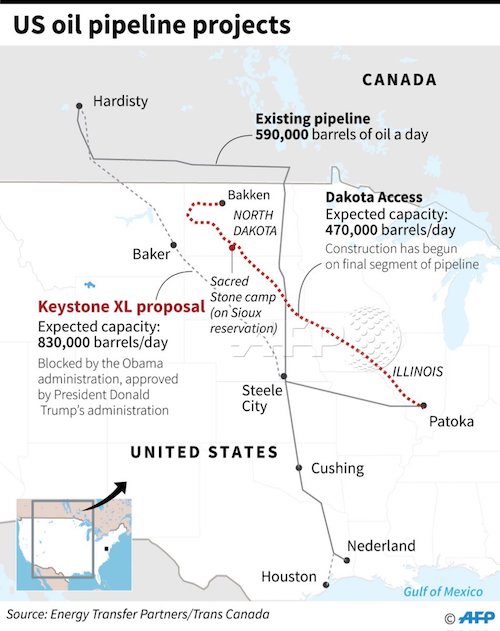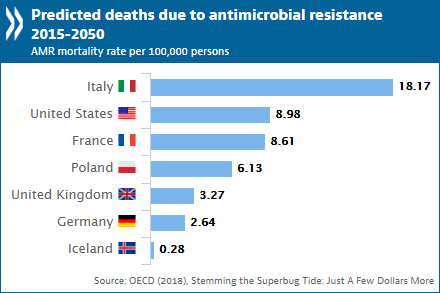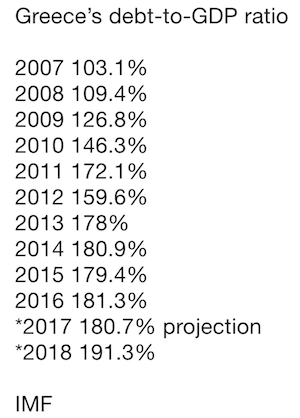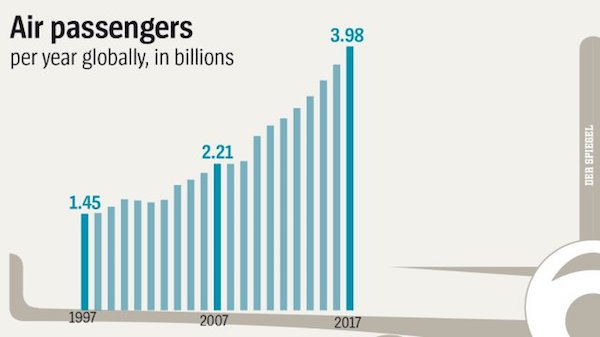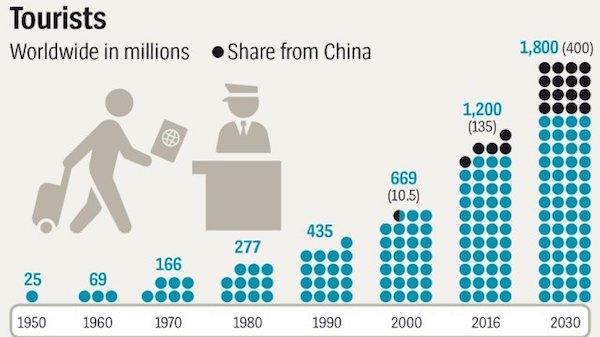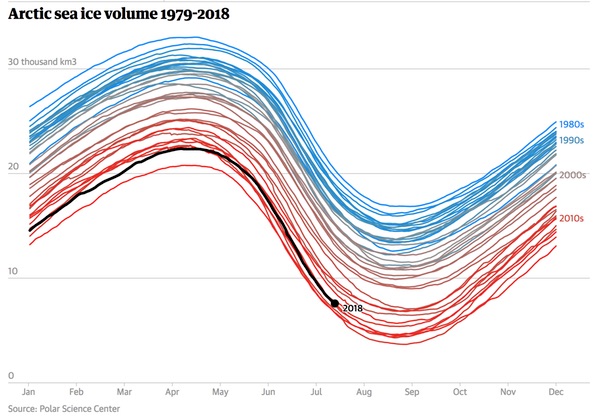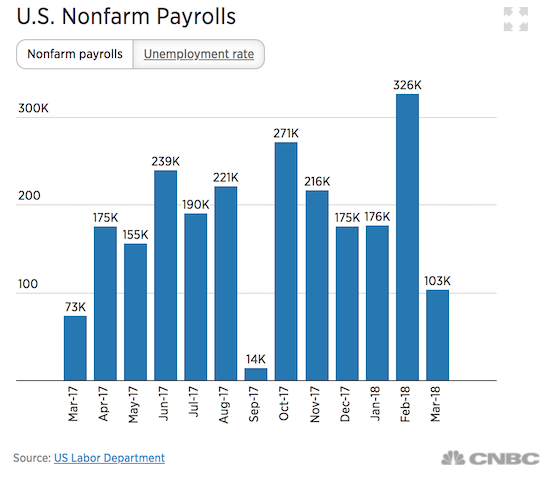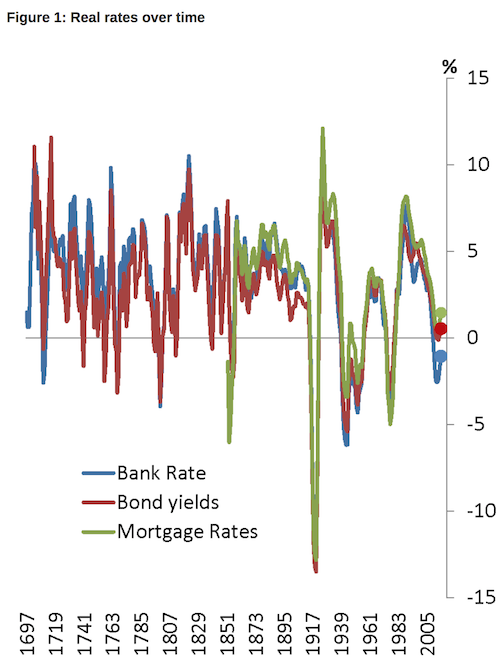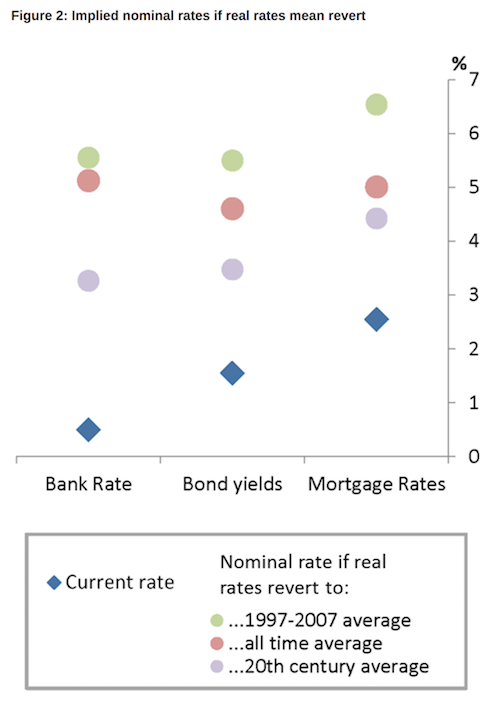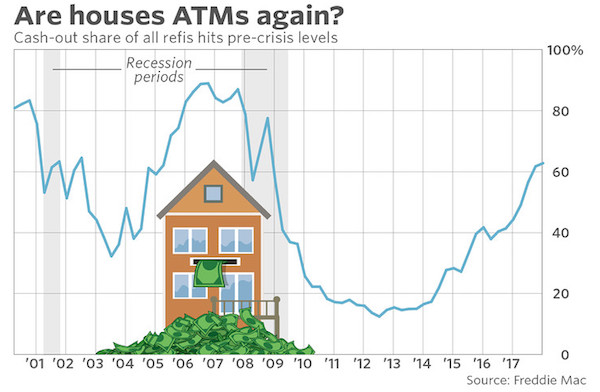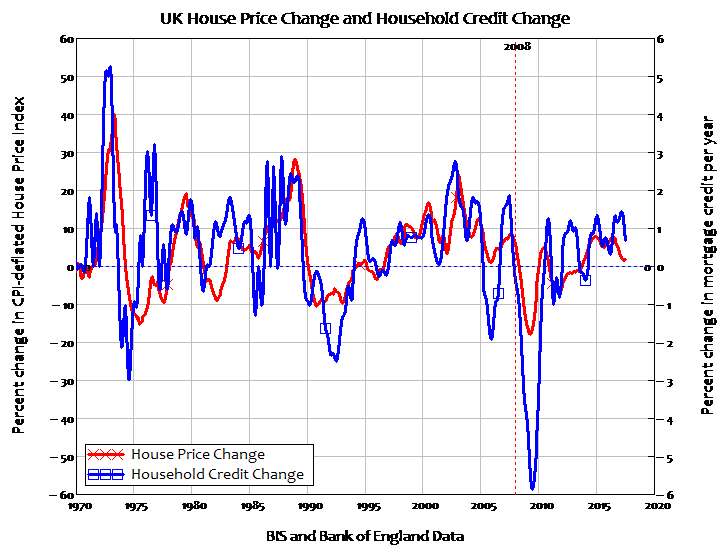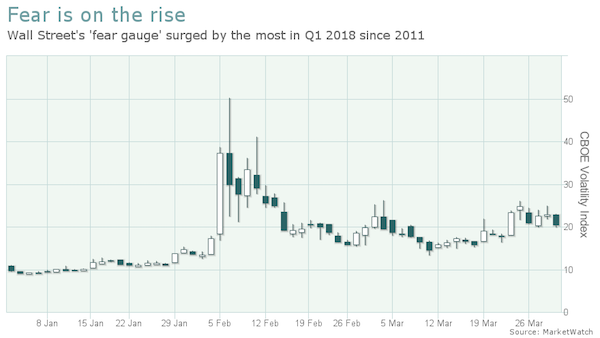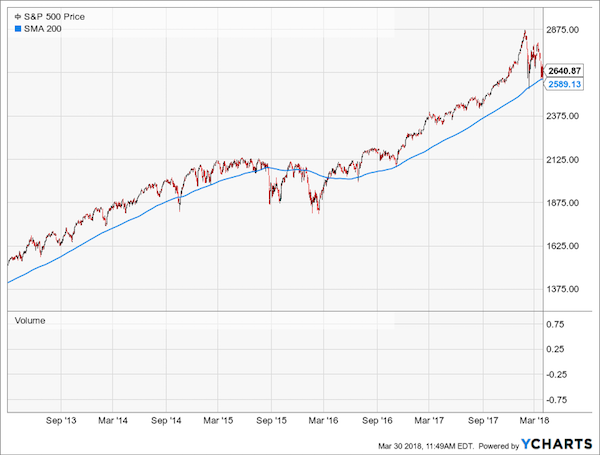
Ford Madox Brown King Lear and Cordelia c1851



The rest of us should be happy they will be the guinea pigs. I’ve seen one too many doctors and scientists say they’ll sit this one out.
• UK Becomes First Country To Approve Pfizer-BioNTech COVID19 Vaccine (NBC)
The U.K. has become the first country to approve the use of the Pfizer and BioNTech Covid-19 vaccine, and will begin inoculations next week, Health Secretary Matt Hancock said early Wednesday. “For so long we’ve been saying that if a vaccine is developed, then things will get better in 2021, and now we can say when this vaccine is rolled out things will get better,” Hancock told the BBC. The U.K. has ordered 40 million vaccine doses from Pfizer — enough for up to a third of the population. The vaccine was found to be 95 percent effective at preventing symptomatic Covid-19, the drugmaker said after clinical trials.
The pharmaceutical giant submitted an application to the Food and Drug Administration on Nov. 20 for an emergency use authorization in the U.S. A vaccine committee will now decide which groups will first get the vaccine, such as care home residents, health and care staff, the elderly and people who are clinically vulnerable. “This authorization is a goal we have been working toward since we first declared that science will win,” said Pfizer CEO Albert Bourla in a news release. The Pfizer shots must be stored at minus 94 degrees Fahrenheit — far colder than standard cooling systems. To help accommodate the extra refrigeration requirement, Pfizer has developed a supercool storage unit packed with dry ice.

She looks like a no-go. But many of the other neocons will be in.
• With Tanden Choice, Democrats Stick it to Sanders Voters (Taibbi)
The Democratic Party is not known for its sense of humor, but news that Joe Biden will appoint longtime Center for American Progress chief Neera Tanden to his government qualifies as a rare, well-earned laugh line. Tanden is famous for two things: having a puddle of DNC talking points in place of a cerebrum, and despising Bernie Sanders. She was #Resistance’s most visible anti-Sanders foil, spending awe-inspiring amounts of time on Twitter bludgeoning Sanders and his supporters as a deviant mob of Russian tools and covert “horseshoe theory” Trump-lovers. She has, to put it gently, an ardent social media following. Every prominent media figure with even a vague connection to Sanders learned in recent years to expect mud-drenched pushback from waves of “Neera trolls” after any public comment crossing DNC narratives.

No name in blue politics is more associated with seething opposition to Sanders than Tanden. Biden is making this person Director of the Office of Management and Budget. Sanders is the ranking member (and, perhaps, future chair) of the Senate Budget Committee. Every time Bernie even thinks about doing Committee business, he’ll be looking up at Neera Tanden. For a party whose normal idea of humor is ten thousand consecutive jokes about Trump being gay with Putin, that’s quite a creative “fuck you.” The Democrats still have to reckon with Trumpism in both the short and long term, but the Sanders movement on their other flank has at least temporarily been routed as a serious oppositional force. The Democrats know this, which is part of the joke of the Tanden appointment. While the party’s labors to oppose Trump have been incoherent at best, the campaign to kneecap Sanders has been, let’s admit it, brilliant.
The Blue Apparat has always despised Bernie and his various precursor movements far more than it hated Republicans, and for good reason. There are hundreds, if not thousands, of Clintonite hacks in cushy Washington sinecures who would have retained their spots in the event of a loss to Trump. A Sanders win would have put them all out of the politics business for a while. It was unsurprising to see the party mainstream marshaling all of what passes for its brainpower to devise a long game to crate-train Sanders, who in less than a year went from oppositional favorite to seize the Democratic nomination to obedient afterthought.
Tucker Greenwald on Tanden
Greenwald on Neera Tanden: “When the Obama administration was bombing Libya into oblivion, she suggested internally that the way we should reduce our deficit as a nation is to use Libya’s oil to make them pay us back for the favor of having destroyed their entire government.” pic.twitter.com/LqhpgEnzOb
— Sarah Abdallah (@sahouraxo) December 1, 2020

And Joe knows everyone who counts. Except perhaps himself.
We know this man Joe Biden. We know the politics he champions. We know his corporate and financial backers. We know what we’re up against. Barack Obama and the Clintons operated in the same neoliberal and essentially reactionary sphere. The faces in power may be female, Black, Latino and gay, but the policies are designed to keep the power from the people, the money from the vast numbers of working people, and the war machine’s troops around the globe. We cannot afford to get fooled again. Inauguration Day is the opening of a new front in the battle for the planet and those creatures who live on it. The Trump years were, more than anything, a forced retreat. The fascist and other reactionary forces unleashed by his occupation of the White House made major gains and they are determined to hang on to those gains.
The eight years that preceded him were, in essence, not a forced retreat but part of a decades long retreat, nonetheless. It’s good that Biden is a conventional establishment politician. It is also bad. The history of the last four decades (with the exception of the Trump years) is the history of a nation ruled by conventional establishment politicians. It is good because we know their strategies and tricks. It is bad because those strategies and tricks can lull people into a political sleep. Without the personal outrage a Trump can cause, elected officials, their appointees, and the monetary forces they serve can do a lot of damage under the guise of doing good. Whether it is Reagan’s privatization of the government, Clinton’s destruction of the social welfare system, the Bush’s bloody wars on the people of the Mideast, or Obama’s continuation of all those policies, the reality is these actions took place with most US residents’ assent.
Liberals fell for Reagan’s folksy lies, letting themselves be led by their investments into a world where the poor were once again blamed for their circumstances. When their man Clinton was in office, they supported his intensification of the war on the poor, all the while pointing to their 401Ks as proof the American Dream still worked. And the wars just went on. There was opposition, but never to the point that the troops would not be sent to fight or completely withdrawn once they got there. Indeed, too much of the antiwar leadership abandoned its constituents and joined up with the Obama campaign in 2007, just as the war on Iraq was escalating. That war, and the war on the Afghans continues to this moment. In addition, there are tens of thousands of US forces—military and mercenary—wreaking death and destruction around the globe.

Predictable.
• Putting a BlackRock Alum in Charge of Greening the Economy (TNR)
This week, the Biden campaign is expected to announce officially that it’s tapped former Obama adviser and current BlackRock executive Brian Deese to head the National Economic Council. The appointment will make Deese the president’s top economic adviser. And in addition to worrying climate activists, the news has again raised concerns about BlackRock’s outsize influence in U.S. politics. Deese has long been on the no-go lists of progressives tracking Biden appointments, thanks to his BlackRock background. New York Communities for Change and the Sunrise Movement protested the rumors of Deese’s appointment outside the company’s Manhattan headquarters last week.
His advocates and defenders, including climate wonks and Obama alums, have praised his character, record on conservation, role in helping negotiate the Paris Agreement, as well as the fact that he joined BlackRock to head the investment management giant’s sustainable investment strategy after his brief stint working on climate issues for Obama. Many are excited by the prospect of having an NEC head who spends time thinking about climate change. By all accounts, Deese is indeed a nice guy. But to suggest his record makes him a good fit for a position steering and greening the U.S. economy rests on fundamental misunderstandings of Deese’s climate credentials, BlackRock’s ambitions, and the crisis at hand.
Deese has now spent more time advising BlackRock on climate than the White House. But his governmental record deserves scrutiny, too. Before taking over the climate portfolio from John Podesta, he worked for the NEC and as deputy and then acting director of the Office of Management. He described his role as “showing the American people how we can do more effectively with less” and preached “fiscal discipline”—a troubling inclination given how desperately the current economy and climate crisis need government spending. He also championed the Trans-Pacific Partnership, which would have doubled U.S. exposure to pernicious investor-state dispute settlements, allowing companies to sue governments that infringe on their profits (for example, through robust climate policy). During his two years as Obama’s climate adviser, Deese defended Arctic drilling and boasted about increases in “both renewable and traditional” energy production, though he did also work to withdraw certain portions of the Arctic Ocean from mineral leasing.

Dind’t Trump just yesterday say: See you in 2024?
• Trump Raises At Least $150 Million Since Election Day (JTN)
President Trump has raised at least $150 million since Election Day nearly one month ago, according to multiple news reports. The donations have poured in, as the Trump campaign continues to solicit donations to fuel its legal efforts in several key states to uncover voter fraud and overturn the results of the election. The campaign has raised as much as $170 million, according to The New York Times, while other news outlets have reported an amount closer to $150 million. Either amount is approximately equivalent to the numbers coming in to the campaign coffers at the height of the president’s reelection bid.
The Times also reports that 75% of each donation will go to a new political action committee established by Trump and his staff called “Save America.” The other 25% will go to the Republican National Committee. The donations will allow the campaign to pay off outstanding, post-election debt. It will also allow the president to fund post-presidency political activities. Trump has not publicly stated his political intentions should his election challenges fail.

Everyone deserves to be heard.
• Whistleblowers Allege Ballots Crossed State Lines, Disappear, Backdating (JTN)
Sworn testimony of several whistleblowers on Tuesday alleged what one election integrity activist is calling “potential ballot fraud on a massive scale,” with multiple eyewitnesses testifying to alleged suspicious behavior in Pennsylvania and Wisconsin. In a press conference in Arlington, Va., the Amistad Project — a civil liberties initiative of the Thomas More Society — presented the testimony of three individuals who claim to have witnessed apparent voting malfeasance during the 2020 election. One, Jesse Morgan, a truck driver for a subcontractor with the United States Postal Service, claimed that a trailer he was driving, one full of potentially upwards of 288,000 ballots, disappeared from its parked location at a Lancaster, Pa. USPS depot after Morgan dropped it off there. Morgan had transported those ballots from Bethpage, N.Y.
The subcontractor also reportedly experienced “odd behaviors” from USPS personnel, behaviors which postal experts have said in sworn statements “grossly deviate[d] from normal procedure and behavior,” according to a press release from the Amistad Project. Another whistleblower, Nathan Pease of Madison, Wisc. — himself also a subcontractor for USPS — alleged that he was told the postal service was planning to backdate tens of thousands of ballots in the days after the Nov. 3 election in order to circumvent the ballot submission deadline. A third witness, Gregory Stenstrom — who testified at a Pennsylvania legislature hearing in Gettysburg last week — claimed to have witnessed a Dominion Voting Systems vendor inserting jump drives into voting aggregation machines in Delaware County, Pa.
Election officials also reportedly commingled various jump drives from aggregation machines, potentially frustrating the ability of auditors to properly certify the election results. In its press release, Amistad Project Director Phill Kline said the testimonies are “compelling” and that they provide “powerful eyewitness accounts of potential ballot fraud on a massive scale.” “This evidence joins with unlawful conduct by state and local election officials, including accepting millions of dollars of private funds, to undermine the integrity of this election,” Kline said. In the press release, the Amistad Project says it has collected sworn expert testimony alleging that “over 300,000 ballots are at issue in Arizona, 548,000 in Michigan, 204,000 in Georgia, and over 121,000 in Pennsylvania.”

Bernie’s ideas.
• Why the Fed Needs Public Banks (Ellen Brown)
The Fed’s policy tools – interest rate manipulation, quantitative easing, and “Special Purpose Vehicles” – have all failed to revive local economies suffering from government-mandated shutdowns. . The Fed must rely on private banks to inject credit into Main Street, and private banks are currently unable or unwilling to do it. The tools the Fed actually needs are public banks, which could and would do the job. [..] Private banks are not following through on the Fed’s attempted money injections, but publicly-owned banks would. In countries with strong government-owned banking systems, public banks have historically increased their lending when private banks pulled back. Public banks have a mandate to stimulate their local economies; and unlike private banks, they can do it and still turn a profit, because they have lower costs.
They have eliminated the parasitic profit-extracting middlemen, and they do not have to focus on short-term profits to please their shareholders. They can pour their resources into improving the long-term prospects of the economy and its infrastructure, stimulating local productivity and strengthening the tax base. Three promising new bills are before Congress that would facilitate the establishment of a public banking system in the US. HR 8721, ”The Public Banking Act”, was introduced on Oct. 30, 2020. As described on Vox, the Act would “foster the creation of public [state and local government-owned] banks across the country by providing them a pathway to getting started, establishing an infrastructure for liquidity and credit facilities for them via the Federal Reserve, and setting up federal guidelines for them to be regulated. Essentially, it would make it easier for public banks to exist, and it would give some of them grant money to get started.”
In September, Sens. Bernie Sanders and Kirsten Gillibrand also introduced The Postal Banking Act, which they said would • Create $9 billion in revenue for the postal service, saving it from privatization; • Protect low-income or rural families and communities from predatory lending; and • Reestablish postal banking to provide basic, low-cost financial services to those who cannot access banks. The third bill, HR 6422, “The National Infrastructure Bank Act of 2020,” is modeled on Franklin Roosevelt’s Reconstruction Finance Corporation, which funded the rebuilding of the US economy in the Great Depression of the 1930s. According to its advocates, HR 6422 will build or restore over $4 trillion in infrastructure and create up to 25 million union jobs, while being “revenue neutral” (not burdening the federal government’s budget).

Trickling up.
• The Rich Cheer Wall Street’s Latest Records. The Rest Drain 401(k)s (CP)
The all-time record highs that Wall Street has registered this week have given some Americans — the nation’s already rich — considerable cause for celebration. And the rest of the nation? Tens of millions of Americans are paying precious little attention to the chirpy tale of Wall Street’s ticker. The simple reason: They own no stocks at all. Millions of other Americans who do own stocks don’t see any reason to celebrate either. They’re finding themselves forced, amid pandemic economic collapse, to start selling the stocks that make up the bulk of their retirement savings. How best to start understanding this story? The best place to begin: The latest numbers on stock ownership from the Federal Reserve. Fed researchers have been tracking who exactly owns the stocks that trade every business day on Wall Street ever since 1989.
Back nearly 30 years ago, in 1992, the share of stock nationally that belongs to America’s poorest half of households hit an all-time high. That “high” amounted to all of a miniscule 1.6 percent. How much of America’s stock wealth does the bottom 50 percent hold these days? At the end of this past June, the most recent Federal Reserve data point available, the nation’s poorest half held less than 1 percent of the nation’s stock holdings, just 0.6 percent. The nation’s poorest 90 percent, all combined, now hold just 11.8 percent of the nation’s stocks. Numbers like these help explain why massive numbers of Americans didn’t rush out onto the streets to cheer earlier this week when two top Wall Street benchmarks, the Dow Jones industrial average and the S&P 500, hit their own all-time record summits.
Shares of stock — either held directly or through mutual funds — make up just 2.3 percent of the total assets of households in the bottom 50 percent and a mere 7.6 percent of the assets the rest of the bottom 90 percent hold. America’s richest 1 percent, on the other hand, have plenty of reason to celebrate Wall Street records. Stock holdings make up over 40 percent of top 1 percent household wealth. These 1 percenters, overall, hold 52.4 percent of the nation’s stock, a share almost five times greater than all the stock that households in the bottom 90 percent hold. This top 1 percent share has been steadily increasing. Since 1989, the year the Fed started keeping track, the top 1 percent share of the nation’s stock holdings has jumped 22 percent. The bottom 90 percent share has dropped 33 percent.

“..the buzz in Beijing is that the financial industry should serve the real economy and people..”
• Ray Dalio’s Chart Hints At What Beijing Is Really Up To (Xie)
Another day, another stock record. The S&P 500 soared to a fresh all-time high on Tuesday, while the yield curve steepened on optimism about more fiscal stimulus and the imminent deployment of vaccines. The seeming disconnect between financial markets and the economy is kind of surreal, considering that 11 million people remain unemployed and the virus is spiraling out of control. The fact that U.S. policy makers are still pedal-to-the-metal with monetary stimulus stands in sharp contrast to China, where officials have set their sights on an exit from loose policy. Consider recent events: Guo Shuqing, chairman of the China Banking and Insurance Regulatory Commission, described China’s property market as the biggest “gray rhino” – an obvious yet ignored financial risk.
Guo also pledged to impose “special and innovative regulatory measures” on financial technology behemoths such as Jack Ma’s Ant Group. The recent regulation changes have essentially put these fin-tech companies under the similar supervision umbrella as traditional banks to avoid excessive leverage. Beijing has allowed a number of SOEs to default, breaking the implicit government guarantee. PBOC Governor Yi Gang vowed to avoid monetizing government debt. In addition, officials have said low interest rates contributed to social inequality. Clearly, there’s a sense of urgency to address financial risks and close the gap between markets and the economy. In the meantime, the buzz in Beijing is that the financial industry should serve the real economy and people.
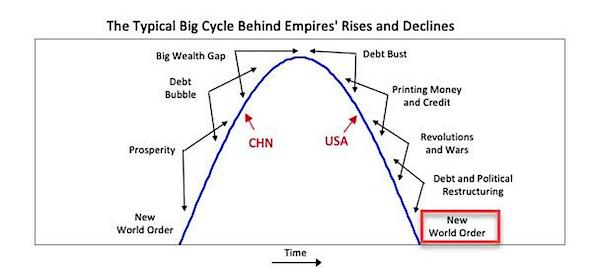
What China is doing makes perfect sense in the context of the big economic cycle described by Ray Dalio. In his latest essay published Tuesday, Bridgewater’s founder showed that China is in the midst of a debt bubble and the beginning of widening wealth gap. Apparently, China wants to tackle both before it’s too late. In contrast, the U.S. has passed the peak of its economic power, settling into the stage of money printing after the burst of the debt bubble, according to Dalio. “It is in this stage when there are bad financial conditions and intensifying conflict,” wrote Dalio. “Classically this stage comes after periods of great excesses in spending and debt and the widening of wealth and political gaps and before there are revolutions and civil wars. United States is at a tipping point in which it could go from manageable internal tension to revolution and/or civil war.”

Vultures all around.
• Debenhams ‘Never Recovered From Private Equity Ownership’ (G.)
Coronavirus store closures may have been the final nail in the coffin for Debenhams but retail experts argue the department store chain never recovered from a brutal period in the hands of priv ate equity. The retailer was taken over in 2003 by a private equity consortium. The trio of funds, TPG, CVC Capital and Merrill Lynch, made huge returns from their £600m investment, collecting £1.2bn in dividends despite owning the company for less than three years. Debenhams owed around £100m when it was taken private but, by the time it returned to the stock market in 2006, that debt had swollen to more than £1bn. After the retailer’s subsequent poor performance, the deal came to epitomise the worst excesses of the private equity model – the “quick flip” whereby investors buy a listed business cheaply, load it with debt and then refloat it at a big profit.
The private equity consortium installed Rob Templeman, fresh from lucrative private equity revamps of Homebase and Halfords, to overhaul Debenhams. His plan was to cut costs at the same time as increasing sales and profit margins. He also used price cuts to clear products that weren’t selling, but regular discounting was blamed for dragging the brand downmarket. The consortium had used £1.1bn of debt to acquire the business and Templeman cut borrowing costs by remortgaging some of the stores. In 2005, 23 shops were sold for £495m. Debenhams leased the stores back, on expensive rent deals up to 35 years in length. Blaming private equity for Debenhams’ demise is “100% justified”, said veteran retail analyst Richard Hyman. “At the very time when the sort of massive changes we’re seeing today were embryonic, Debenhams’ wherewithal to react, ie money, was removed. It was removed into the bank accounts of private equity investors. That is the truth of it.”

AI and complexity.
• One Of Biology’s Biggest Mysteries ‘Largely Solved’ By AI (BBC)
One of biology’s biggest mysteries has been solved using artificial intelligence, experts have announced. Predicting how a protein folds into a unique three-dimensional shape has puzzled scientists for half a century. London-based AI lab, DeepMind, has largely cracked the problem, said the organisers of a scientific challenge. A better understanding of protein shapes could play a pivotal role in the development of novel drugs to treat disease. The advance by Google-owned DeepMind is expected to accelerate research into a host of illnesses, including Covid-19. Their program determined the shape of proteins at a level of accuracy comparable to expensive and time-consuming lab methods, said independent scientists.
Dr Andriy Kryshtafovych, from University of California (UC), Davis in the US, one of the panel of scientific adjudicators, described the achievement as “truly remarkable”. “Being able to investigate the shape of proteins quickly and accurately has the potential to revolutionise life sciences,” he said. Proteins are present in all living things where they play a central role in the chemical processes essential for life. Made up of strings of amino acids, they fold up in an infinite number of ways into elaborate shapes that hold the key to how they carry out their vital functions.Many diseases are linked to the roles of proteins in catalysing chemical reactions (enzymes), fighting disease (antibodies) or acting as chemical messengers (hormones such as insulin).
“Even tiny rearrangements of these vital molecules can have catastrophic effects on our health, so one of the most efficient ways to understand disease and find new treatments is to study the proteins involved,” said Dr John Moult of the University of Maryland, US, the chair of the panel of scientific adjudicators. “There are tens of thousands of human proteins and many billions in other species, including bacteria and viruses, but working out the shape of just one requires expensive equipment and can take years.”

A DeepMind model of a protein from the Legionnaire’s disease bacteria (Casp-14)

We try to run the Automatic Earth on donations. Since ad revenue has collapsed, you are now not just a reader, but an integral part of the process that builds this site.
Click at the top of the sidebars for Paypal and Patreon donations. Thank you for your support.

Prisons are built with stones of law; brothels with bricks of religion
– William Blake



Support the Automatic Earth in virustime, election time, all the time. Click at the top of the sidebars to donate with Paypal and Patreon.



